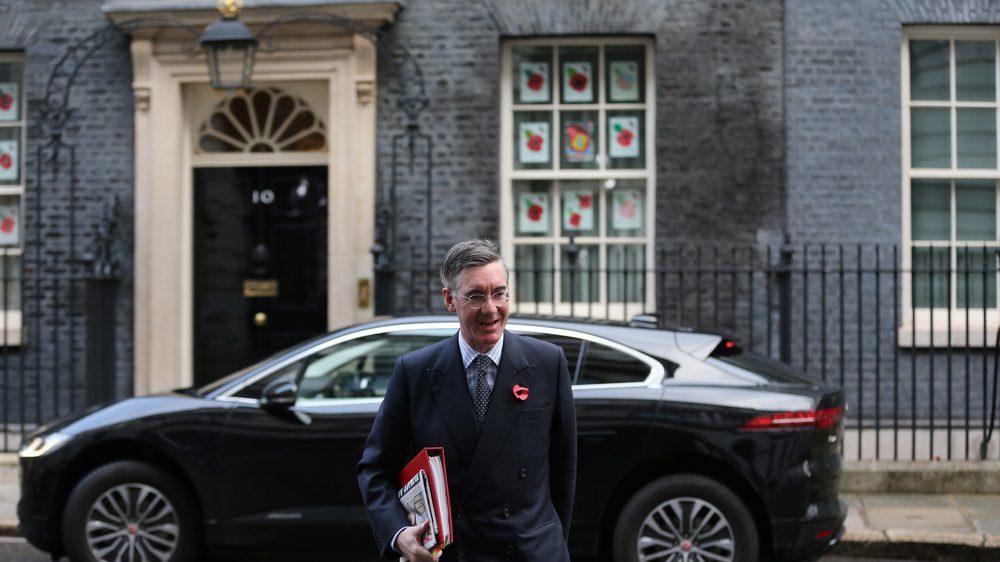
Jacob Rees-Mogg.
Photo: I T S / Shutterstock.com
Much of the British press has spent the days following Jacob Rees-Mogg’s speech at the National Conservatism conference highlighting his admission that the government tried (and failed) to “gerrymander” this month’s local elections through photo ID. Newsworthy, but hardly remarkable; the Tory party has long been characterised as one that will do anything to obtain office. Another speaker at the three-day event even joked that Tory MPs would kill their own grandmothers to sure-up their hold on power. I found it far more interesting that Mr. Rees-Mogg essentially described this effort as “socialist.”
The North East Somerset MP was criticising reports that Labour would give EU citizens the vote, which he said was a disguised attempt to reverse Brexit. But his own party’s failure to “gerrymander” meant, Mr. Rees-Mogg concluded, that attendees should not “get too fretful” about such socialist schemes. Here was a senior member of the Conservative Party telling a room of people interested in ‘National Conservatism’ that schemes being implemented by the Tories and by alleged socialists could be tarred with the same brush. If there has been any coverage of this fact, it is very well hidden.
Less has been said, too, about Mr. Rees-Mogg’s highlighting of Tory failures on numerous key issues. Taxation, he said, is too high “because of choices that we have made;” Brexit reforms are “pathetically unambitious” (bear in mind that he spent more than half a year as Brexit Opportunities Minister); and parents who “try to look after your own children” rather than send them off to care are “penalised heavily by the state,” a fact he described as “fundamentally anti-conservative.”
Mr. Rees-Mogg, who does not merely represent the governing party but has spent time in government himself, was surprisingly open about the fact that on every significant policy area of the day, the Conservative Party has acted in a manner which could be described as anything but conservative.
But as he was exposing the party’s inefficacies, Mr. Rees-Mogg, introduced to London’s Emmanuel Centre stage as a “champion of conservatism,” also stood for and urged Britons to back the Conservative Party. Perhaps, he conceded, the party should be “more ambitious,” but you must support it because the alternative is “far worse.” This was roundabout the strongest (non-)defence made for voting Tory during the whole conference. “The racetrack of the nation state,” Mr. Rees-Mogg concluded after 13 years of Tory dominance, “is sound. If we stay on the Conservative horse, we will find that after jumps we have to navigate, the going is good.”
What did those in the room make of this attempt at reassurance? Suffice it to say that certainly the heartiest round of applause on day one came after psychiatrist and writer Theodore Dalrymple, outlining Britain’s current predicament, particularly in relation to crime, declared that the “Conservative government should be ashamed of itself.”
I will be writing more on the speech given by Jacob Rees-Mogg and on the wider National Conservatism conference in the coming days.
